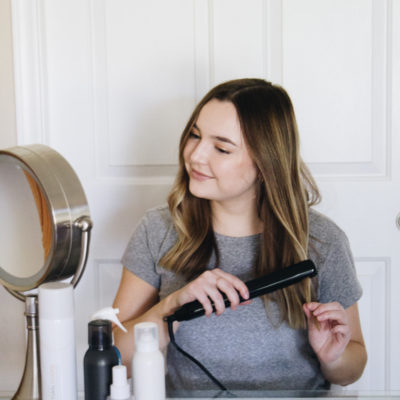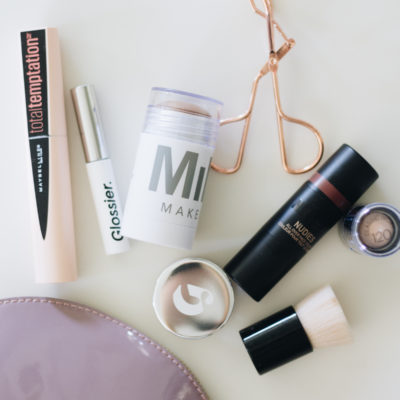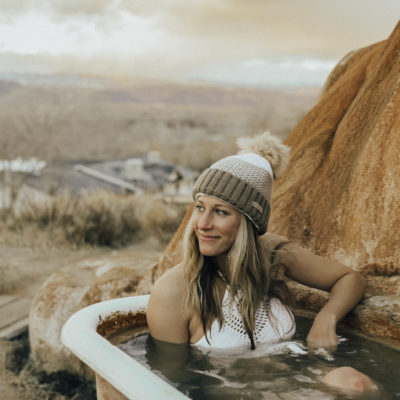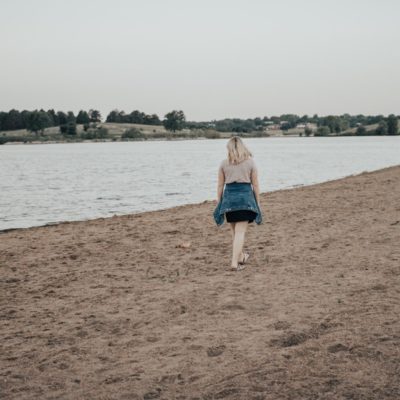Three Unexpected Items You Can Add To Your Resume
posted on September 8, 2020 | by Michele Lando

When it comes to writing an effective resume, it’s all about highlighting your skills to show your value as a candidate. While most people know what traditional information to include on a resume, (job history, education, skills, etc.) there are some unexpected items you can add to add value to your document. Here are three unexpected items you can add to your resume:
Advocacy/Social Justice Work
Advocacy is one of the most beneficial and underutilized pieces of content to include on a resume. Have you advocated for a family member or for an underrepresented group? (i.e. have you advocated with someone who has specific medical needs, learning disabilities, or participated in social justice movements?) This is something that you should absolutely include on your resume! If you’re versed in communicating with medical professionals, education administration, executives, with local community members, etc., this is a skill that is highly covetable.
Not sure how to word it on your resume? Put “Freelance” in the space where you would write the company name, and use a title along the lines of “Medical Advocate,” “Mental Health Advocate,” or “Student Advocate” where you would write the job title.
For an example of what to put in the job description, try writing something like this:
“Advocate for students to ensure that each individual obtains the education techniques they need to learn and thrive in a school setting.”
In the current racially charged climate, any work that you’ve done to advocate for underrepresented groups can be used on your resume as well. To do this, you could use a similar tactic. Put “Freelance” in the space where you would write the company name, and then put “Social Justice Advocate” in the job title.
For an example of what to put in the job description, consider writing something like this:
“Rallied social justice advocates, clarified messaging, and participated in a peaceful protest to support [scope of protest].”
Personal Projects (i.e. home renovation)
I’m always surprised by the number of projects people conduct in their free time, but fail to put on their resume. This information is not always necessary to include, however you absolutely can include this information if you need to fill in blank space or camouflage an employment gap. A home renovation is a great way to highlight skills such as design, project management, communication, multitasking, and organization. This information can be particularly useful if you’re trying to transition into more of a creative field, or if you’re trying to transition from a creative role into more of an administrative or project management focused role.
When you’re including this information on your resume, be sure to include specific metrics and achievements when possible, and be sure to include results of the project! Put “Freelance” in the space where you would write the company name, and use a title along the lines of “Design Project Manager” or “Project Manager.”
Here is an example of how you might include a home renovation on your resume:
“Spearheaded the complete remodel and upgrade of a 2,500 square foot home including the overhaul and expansion of the kitchen, master closet, home office, and backyard with pool. Liaised with contractors, vendors, and city agencies to obtain required permits and licenses.”
Travel
While we aren’t traveling right now due to COVID, travel is a great way to highlight adaptability, time management, international relations, and communication on your resume. If you’ve traveled in the past or took a gap year to explore the world, you can add this information to your resume.
To add this to your resume, put “Freelance” in the space where you would write the company name, and use a title along the lines of “World Traveler” or “Freelance Travel Coordinator” in the job title slot. Examples of information you can include in the job description are:
“Navigated international travel regulations on a solo trip, and explored various regions by foot and public transportation.”
“Cultivated relationships with local citizens to gain a better understanding of local culture and customs.”
“Researched and maneuvered local currencies, exchange rates, and economic requirements.”
_____
When writing a resume, there is a lot of non-traditional information that is very beneficial to include. These three unexpected items you can add to your resume will help highlight both hard and soft skills that articulate your value to a potential employer, and paint a well-rounded picture of you as a candidate.
 Using Trunk Club to Update My Spring/Summer Wardrobe
Using Trunk Club to Update My Spring/Summer Wardrobe 5 Tips For Styling a Simple Summer Dress
5 Tips For Styling a Simple Summer Dress 5 Ways to Style a Bandana
5 Ways to Style a Bandana 3 Different Ways to Curl Your Hair
3 Different Ways to Curl Your Hair How to Master the 5-Minute Makeup Routine
How to Master the 5-Minute Makeup Routine Amazon Beauty Buys Under $25
Amazon Beauty Buys Under $25 3 Ways to Make Your next Trip More Memorable
3 Ways to Make Your next Trip More Memorable Tips for Digital Spring Cleaning and Organizing
Tips for Digital Spring Cleaning and Organizing Color Trend: Marigold
Color Trend: Marigold Mental Health Update: The 3 Major Changes I Made to Get Out of Depression
Mental Health Update: The 3 Major Changes I Made to Get Out of Depression 5 Unexpected Ways to Unwind After Work
5 Unexpected Ways to Unwind After Work How to Know You’re in a Controlling Relationship
How to Know You’re in a Controlling Relationship 4 Questions I get Asked as a Professional Resume Writer
4 Questions I get Asked as a Professional Resume Writer How to Make Friends at Work
How to Make Friends at Work Getting Out of the ‘Busy’ Mindset
Getting Out of the ‘Busy’ Mindset Ask Amanda: How do I pursue the career I want without formal training?
Ask Amanda: How do I pursue the career I want without formal training? Ask Amanda: How Do I Find a Therapist?
Ask Amanda: How Do I Find a Therapist? Ask Amanda: How do I stop being jealous in my relationship?
Ask Amanda: How do I stop being jealous in my relationship?



AF Says
This is terrible advice. Don’t do any of this, with the exception of maybe including actual organizing work–not just attending protests. If you want resume advice, I recommend Ask A Manager.
Natalie Says
This is completely untrue and terrible advice to give to people writing resumes.
Lesley Parker Says
Nice tip about traveling. I have just been wondering how to write about it in my resume.
Thanks.
Samantha Brown Says
Informative article! Thank you for sharing this effective resume writing ideas, I totally agree with the author adding these 3 items that can help to get an advantage for job application over other applicants. Actually, I am a final year student in English literature and I followed this website https://dissertation-helpers.co.uk/dissertation-structure/ where I can learn about dissertations and much more writing techniques that can help to enhance my writing skills. I am also very glad that here I also learned very important things about resume writing. Appreciated the author.
David Says
A resume is exactly what will grab your employer’s attention when they first hear about you. To stand out from other candidates, you need to put in some effort on writing, and this site https://www.gotresumebuilder.com/ will help you cope with the task much better